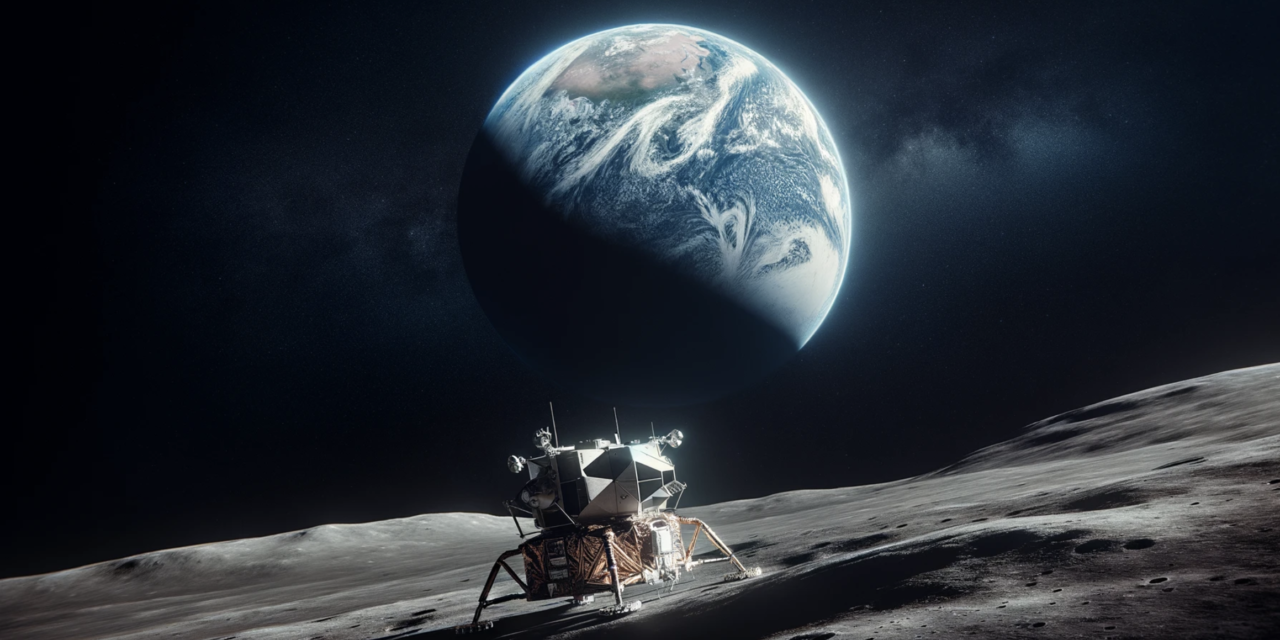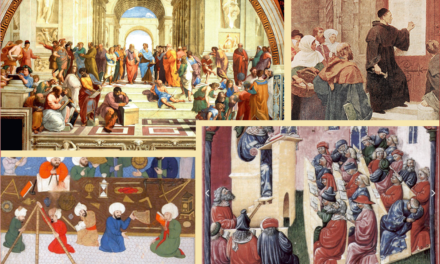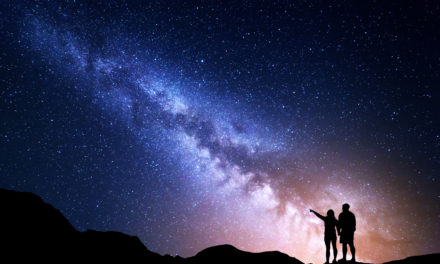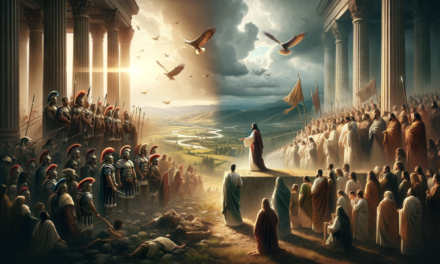The news broke this morning of the latest achievement in space exploration – the landing of Intuitive Machines’ “Odysseus” spacecraft on the moon. This is the first privately operated vehicle to land on the moon, and it was ferried there on a rocket that was also manufactured by a private company – SpaceX’s Falcon 9. As I read the details, I found myself contemplating a profound question posed by philosopher A. C. Grayling in his forthcoming book: “Who owns the moon?”
A group of us Senior Citizens in the Shepway and District u3a is meeting monthly to explain and explore the source and nature of the most important ideas that have shaped the modern Western worldview and to question these ideas in the light of humanity’s current challenges. As it happens, during January and February 2024, we have been thinking about the ideas we inherited from the classical Greek world – which presumably provided Intuitive Machines with the inspiration for the name of the pioneering spacecraft.
But this milestone in human ingenuity also brings to the forefront a broader, more critical discussion about the concept of ownership, a topic which in the West owes much to the Roman law and its understanding of ownership, control, and legal protection of assets. As we stand on the brink of expanding our reach beyond Earth, it’s imperative that we pause and reflect on the lessons history has to offer. The conversations between indigenous American tribes and early European colonists about land ownership—or, more accurately, the folly of such a notion—resonate with striking relevance in today’s context.
As humanity grapples with a ‘metacrisis’ on multiple fronts, it becomes increasingly clear that the paradigms guiding our expansion into new territories need re-examination. The indigenous wisdom that questioned the very idea of owning land offers a poignant reminder of the values we risk overlooking in our pursuit of progress.
Before we export our terrestrial dilemmas to celestial bodies, should we not first address the fundamental flaws in our understanding and practice of ownership? Is it not time to engage in a deeper, more meaningful dialogue about what it means to ‘own’ part of a universe that we share with an untold number of beings and entities?
This is a crucial conversation for us to be having. As we stand at the crossroads of history and the future, let’s ponder together on the kind of legacy we wish to leave behind—not just on Earth, but in the vast expanse of space that lies beyond.
Terry Cooke-Davies
23rd February 2024






